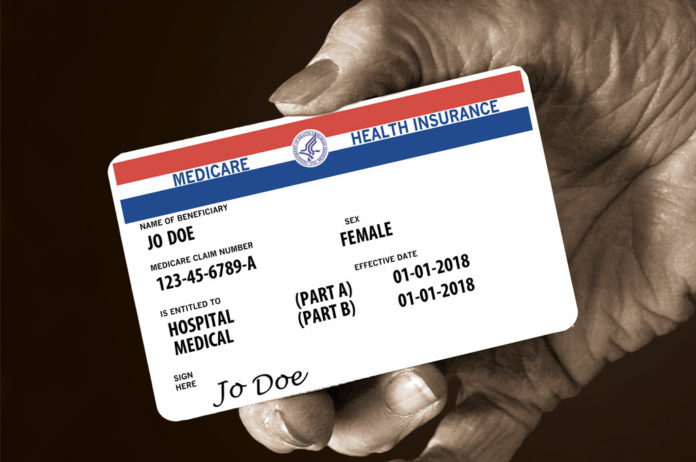I find that there is often confusion about whether you need to be on Social Security or need to be retired in order to apply for Medicare. The truth is that going on Medicare is independent of Social Security or your work status. As a US citizen, it is based only on whether you are eligible for Medicare- which means that you are either 65 or have been disabled for 24 months. It has been that way since Medicare became law in 1965.
If you are on Social Security before you turn 65 you will automatically be enrolled in Medicare- Part A, (hospital) and Part B, (outpatient) about 3 months before the month that you turn 65. If you are not on Social Security you will need to apply- which can be easily done at Medicare.gov. You can do this up to 3 months prior to the month you turn 65 or up to three months after.
If you don’t have health insurance through a work plan you will for sure want to take Medicare insurance when it is available- otherwise you will face a penalty down the road when you do apply. Even if you don’t plan to retire at 65 and have health insurance through work, it may be better, and less expensive to enroll in a Medicare Plan.
If you do have a health plan through work you can easily determine which the best option is by comparing:
- The monthly premium. Medicare Part B for most people is $135.50 per month.
- The Deductible. Most group plans have $500 to $5,000 deductible while Basic Medicare- Part A has a $1,364 deductible and Part has a $185 deductible.
If you add a Medigap Plan to your basic Medicare the premium could be around $85 to $157 a month – in addition to your Part B premium- and may have no deductible.
If you add a Medicare Advantage Plan there may be no additional premium and no deductible.
If you determine that your work health plan is better, you can delay Part B- and the $135.50 premium – until you do retire or decide that to enroll in Part B- and there will be no penalty when you do enroll.
In conclusion:
- Medicare Insurance is available whether you are on Social Security or not
- Even if you continue to work after 65, and have a group health plan, Medicare Insurance is often a better deal.




















